Children and teens spend much of their time online, which makes bullying even easier. Cyberbullying allows the bully to be bolder, due to the possible anonymity, and allows the bully to reach the victim at any time of the day or night, leaving the victim with nowhere to hide. Another reason cyberbullying can be worse than physical bullying is the fact that it spreads much more quickly. Cyberbullying has been used for many purposes, and often parents have no idea their child is being bullied because the child is hesitant to tell them.
Keeping bullies at bay
- Block the bully from your child’s account, and do not respond to any messages from the bully.
- Refrain from sharing contact information online, such as email address and phone numbers.
- Take pictures of threatening messages for evidence.
- Remind your child to report any bullying or threatening messages to an authority figure.
- Visit sites such as stopcyberbullying.org to learn about how to deal with bullying and other internet safety tips.
Besides internet bullying, another concern is internet crime, as offenders continue to become smarter and sneakier and are able to lure children in. Parents should be cognizant of the ease of accessibility to their children for internet predators, and be sure their children are aware of the potential online dangers.
Find other tactics parents should employ to protect their children, along with these:
- Use parental controls to block certain websites, and monitor chat room use.
- Maintain access to your child’s account, and monitor it regularly.
- Tell your child to NEVER arrange a meeting with anyone they met online.
Parents that allow their children to be involved on the internet and on social networks should also have an online presence. Not only does this allow parents to monitor their child’s activities, it also provides a new means to bond with their children.
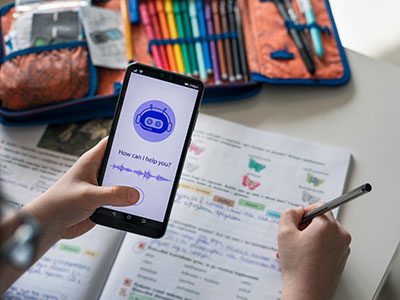 https://riseandshine.childrensnational.org/wp-content/uploads/2025/10/using-AI-for-homework-feature.jpg
300
400
webteam
https://riseandshine.childrensnational.org/wp-content/uploads/2017/11/childrens_riseandshine_logo.jpg
webteam2025-10-02 13:04:372025-12-10 13:12:48Helping kids navigate AI safely
https://riseandshine.childrensnational.org/wp-content/uploads/2025/10/using-AI-for-homework-feature.jpg
300
400
webteam
https://riseandshine.childrensnational.org/wp-content/uploads/2017/11/childrens_riseandshine_logo.jpg
webteam2025-10-02 13:04:372025-12-10 13:12:48Helping kids navigate AI safely



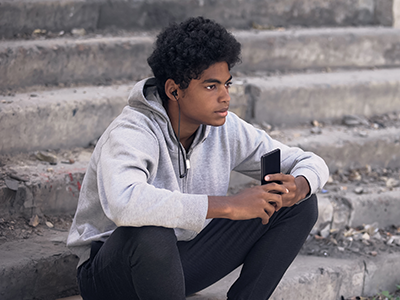

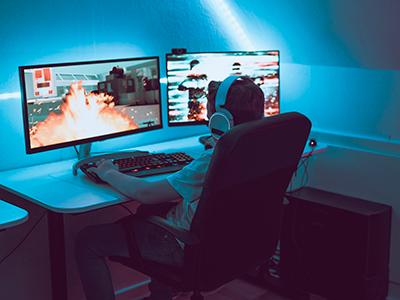


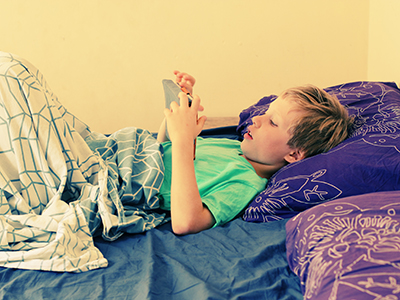




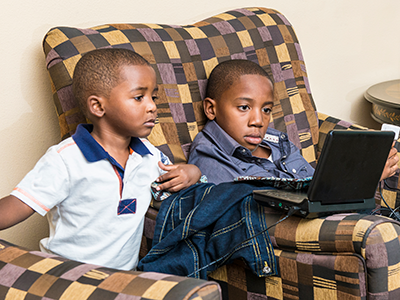







Leave a Comment
Want to join the discussion?Feel free to contribute!